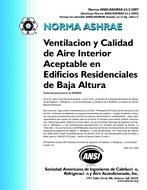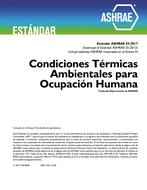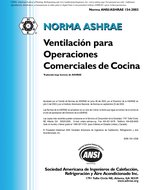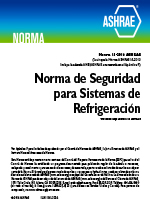Description
Located in hyper-arid region, the Kingdom of Saudi Arabia (KSA) possesses restricted renewable fresh water sources. Aggravated by severe scarceness of rainfall and a higher rate of evaporation, KSA depends mainly, on groundwater (considered as a non-renewable source) and exorbitant desalinated water for upsetting its water needs. Significant portion of KSA energy reserve goes for operating desalination plants, aggrieved by the huge energy needed for operating several existing public wastewater treatment plant (WWTPs). The significant demands increase in water and energy (W&E) to satisfy ongoing massive infrastructural development as well as the ever-increasing population necessitate radical changes towards adoption of alternative W&E management strategies for successful achievement of KSA’s sustainable development goals. Cost-effective treatment of wastewater and reuse, particularly, in the agricultural sector will no doubt ensure sustainability in wastewater management. This paper presents an approach to achieve a sustainable system via solar based disinfection and irrigation technologies for treatment of tertiary sewage effluents (TSE) for food crops production in KSA. Comprehensive crop quality analyses and risk assessments using advanced physico-chemical and micro-biological analyses are recommended. Adopting this approach is expected to pave way for efficient utilization of TSE and solar energy on a larger scale while eliminating negative environmental impacts. Additionally, it will significantly contribute toward meeting reuse targets while immensely contributing to food security as well as overall sustainable and strategic economic development as enshrined in KSA’s Vision 2030.
Citation: 7th International Conference on Energy Research and Development
Product Details
- Published:
- 2019
- Number of Pages:
- 9
- Units of Measure:
- Dual
- File Size:
- 1 file , 1.3 MB
- Product Code(s):
- D-2019ICERD7-015




